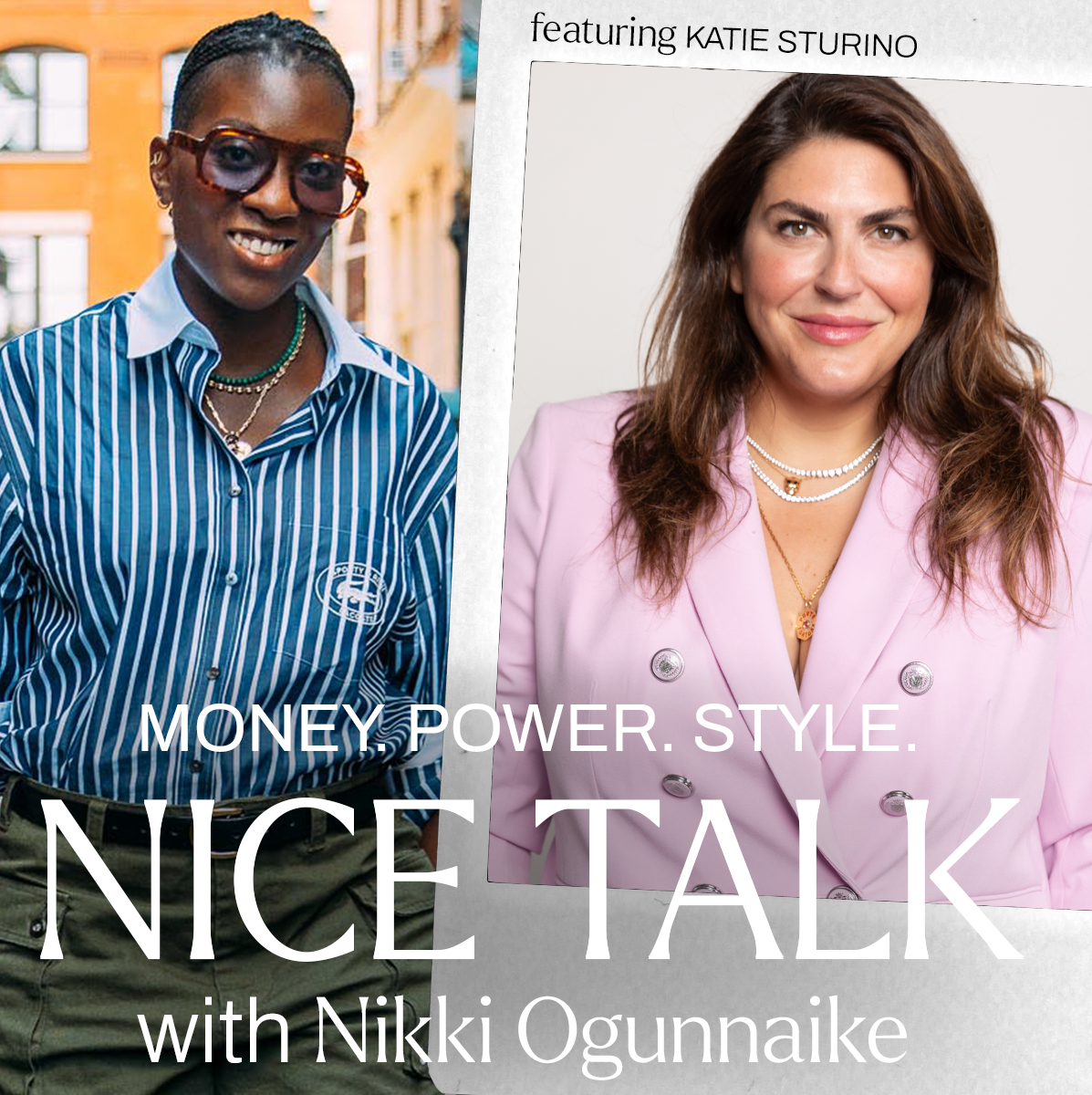Culture
Marie Claire’s pop culture obsessives offer their insight into the movies and TV shows you need to see, the books worth adding to your TBR stack, and catch up with the rising talent who should be on your radar.
-
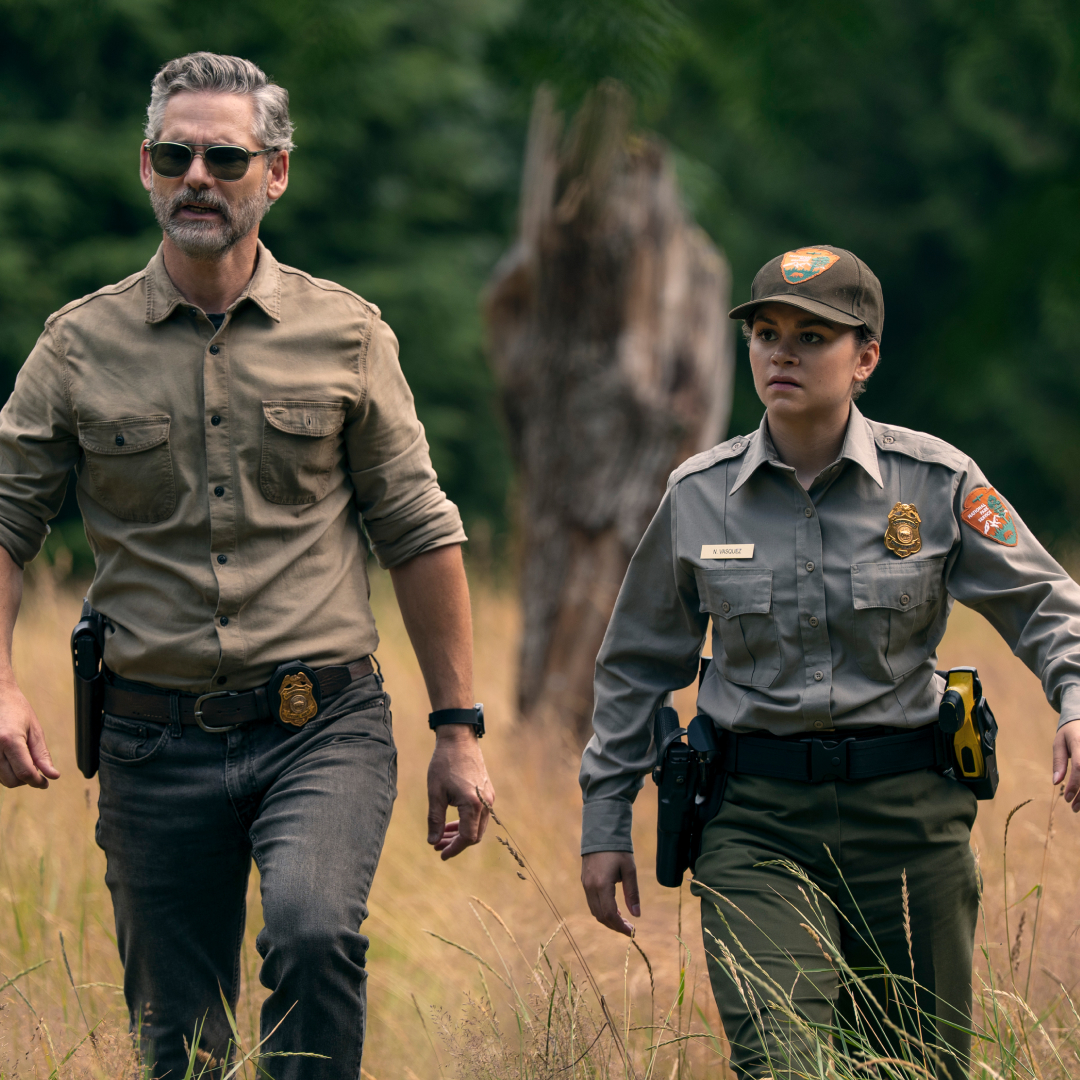
Breaking Down the Ending of 'Untamed,' From Who Killed Jane Doe to the Truth About Sean Sanderson
There are quite a few twists in this Netflix mystery series set in the depths of Yosemite.
By Radhika Menon Published
-
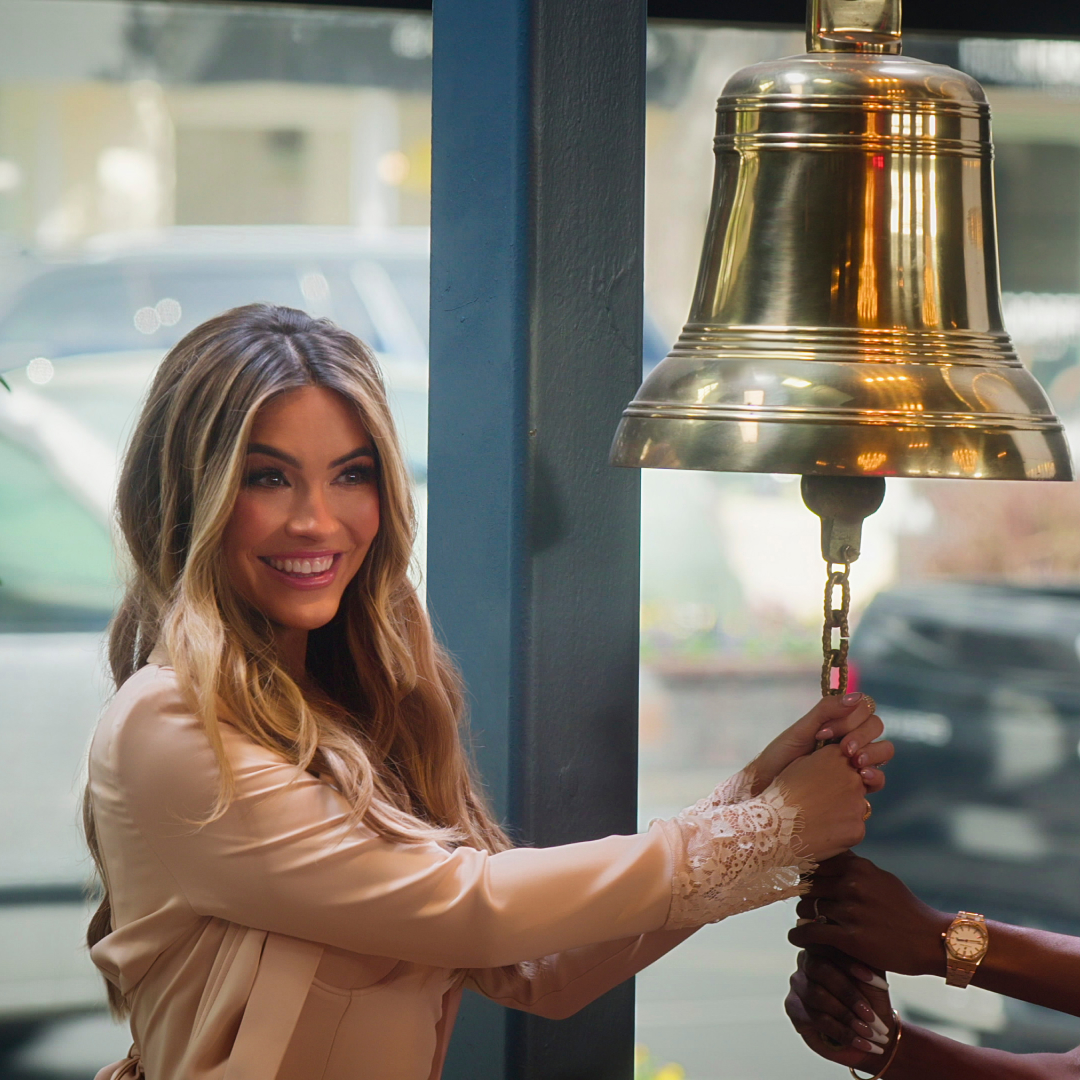
'Selling Sunset' Season 9 Returns This Fall After Two Years of Off-Screen Drama
Expect more deals, feuds, and a new celebrity-sibling addition to The O Group.
By Quinci LeGardye Last updated
-

'Physical: 100' Is Going Global—Netflix Confirms Two More Spinoffs, With 'Physical: Asia' Premiering Later This Year
More brutal challenges (and eye candy) are coming to Netflix soon.
By Quinci LeGardye Last updated
-

'Selling the OC' Will Return This Fall With Three New Agents Joining The O Group
Here's what we know about the future of the Netflix reality hit.
By Quinci LeGardye Last updated
-

Everything to Know About 'Love Is Blind' Season 9, From Where It's Set to When We'll Return to the Pods
Get ready to meet singles looking for love in the Mile High City.
By Quinci LeGardye Last updated
-
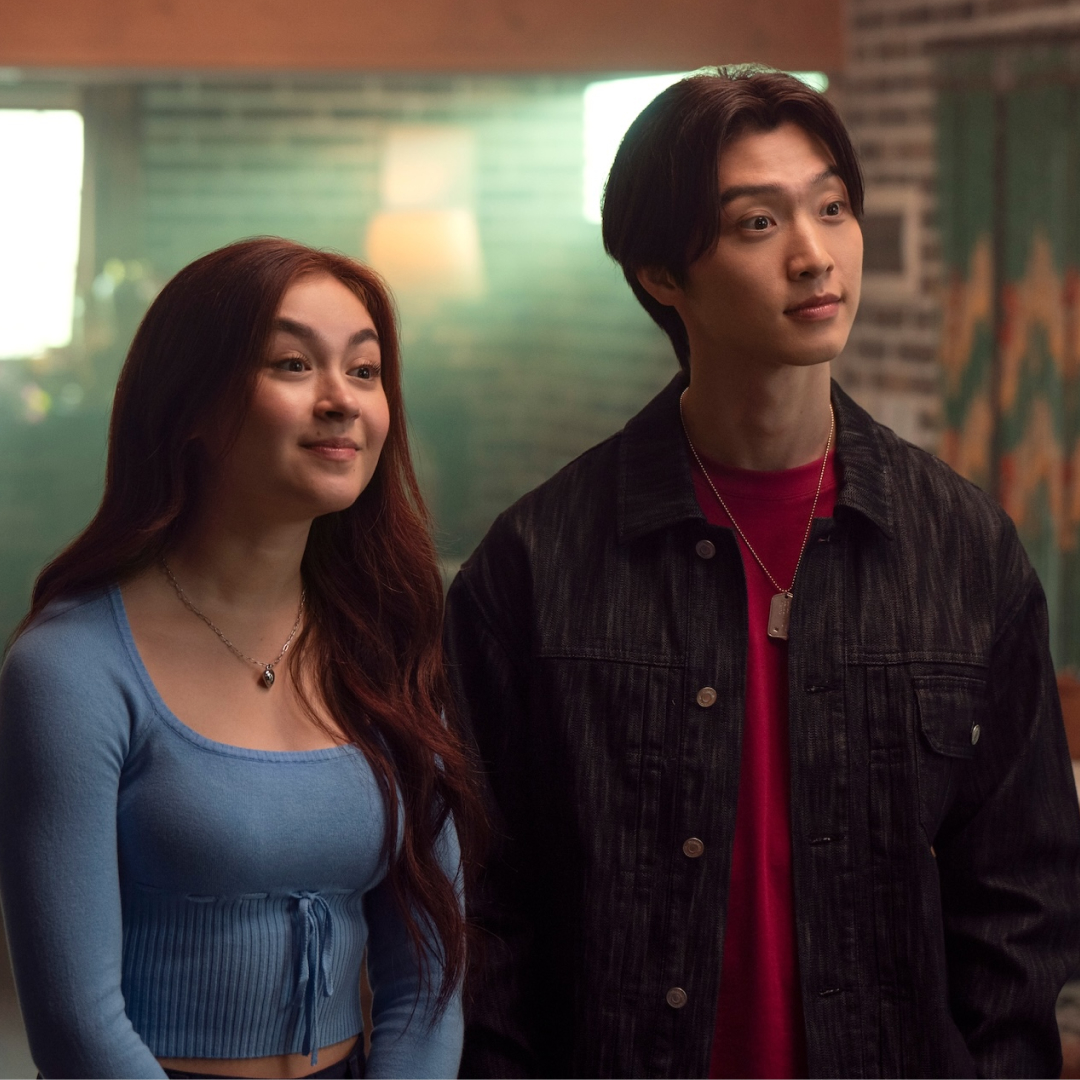
It Turns Out We Haven't Seen the Last of Min Ho and Kitty's Love Story, With 'XO, Kitty' Season 3 Confirmed
Here's everything we know about the return of the Netflix hit.
By Quinci LeGardye Last updated
-

Meet the Charming Cast of 'Better Late Than Single,' the Makeover Show for People Searching for Their First Love
The Netflix reality show is like 'Single's Inferno' for those who never date.
By Quinci LeGardye Last updated
-
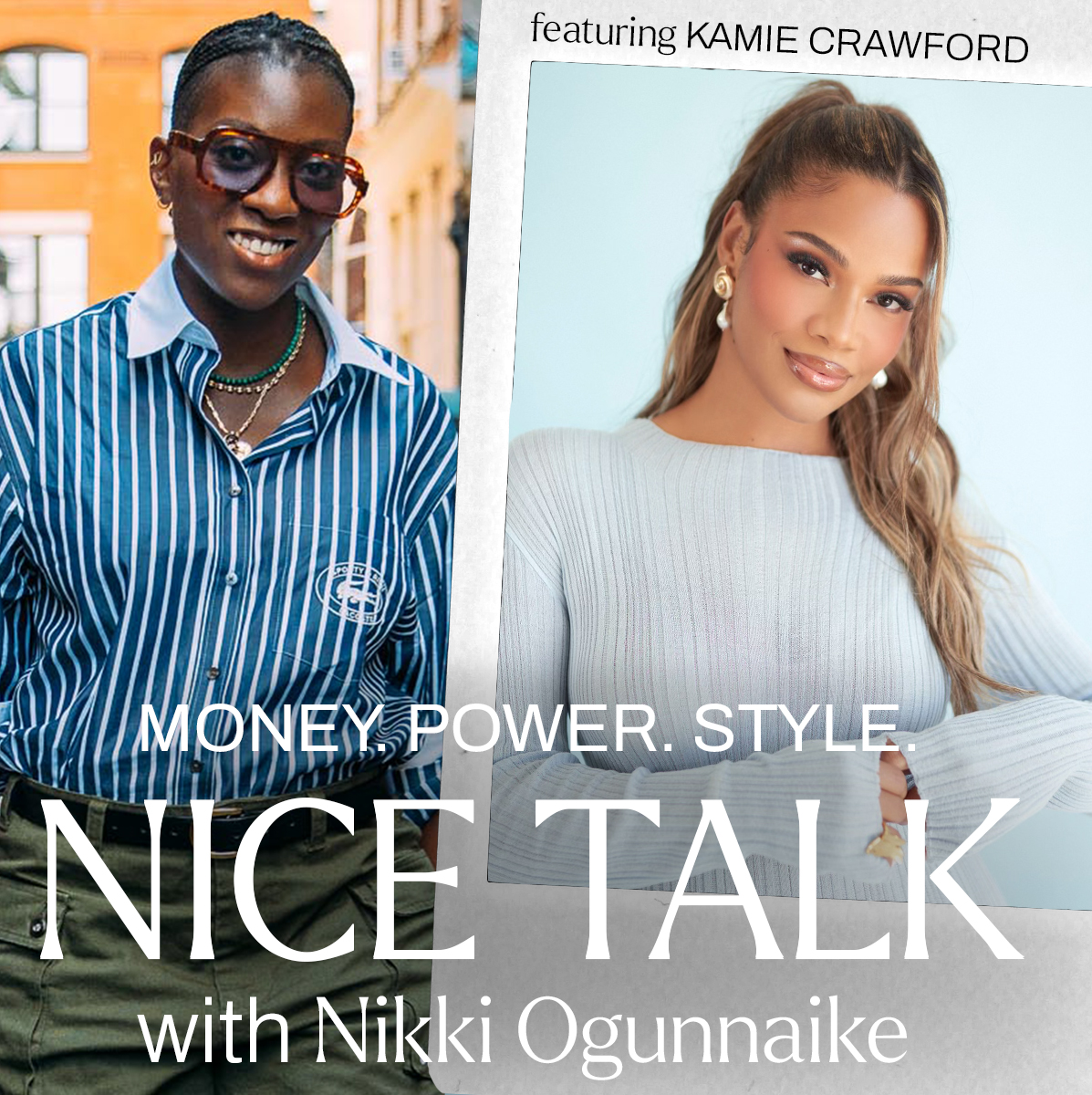
"Relationsh*t" Host Kamie Crawford Thinks You Should Stop Manifesting a Rich Partner
The podcaster and TV presenter speaks to editor-in-chief Nikki Ogunnaike about relationships and her career journey on the 'Marie Claire' podcast "Nice Talk".
By Lia Beck Published
-
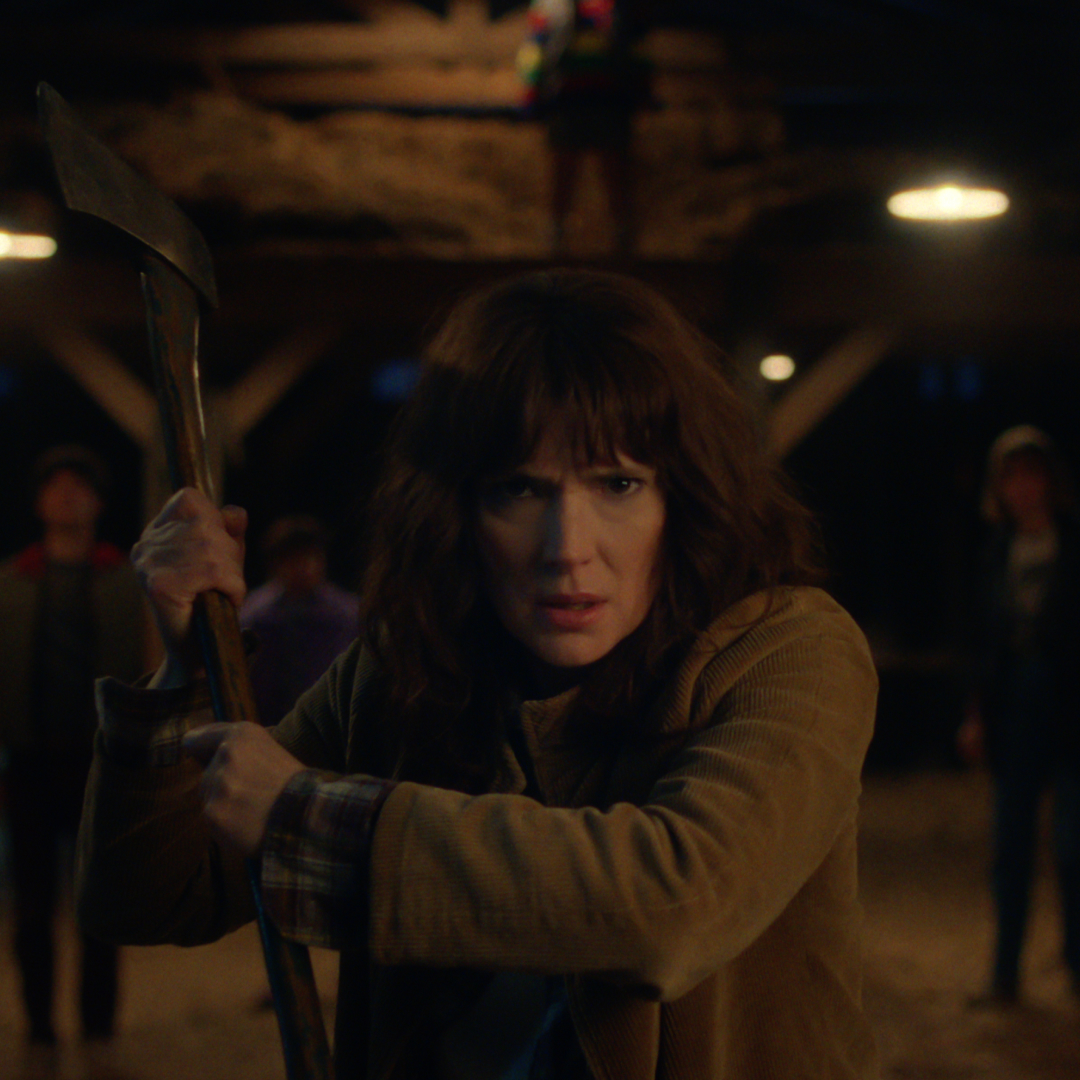
We're Returning to Hawkins One Last Time This Year. Here's What We Know About the Final Season of 'Stranger Things'
The gang is gearing up to put a stop to Vecna and the Upside Down once and for all.
By Quinci LeGardye Last updated
-
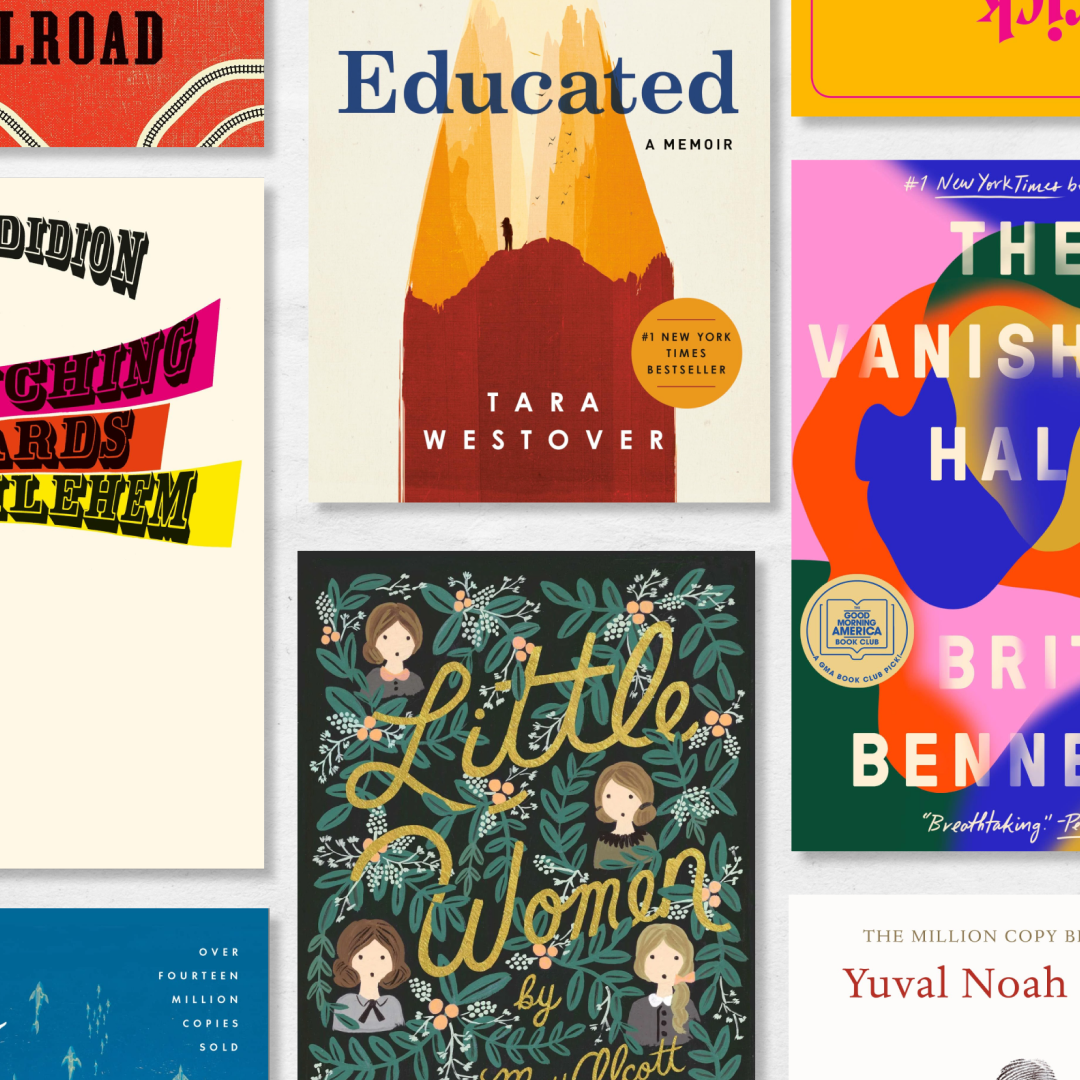
20 Life-Changing Books Everyone Should Read At Least Once
From classics by Joan Didion and Toni Morrison to recent best-sellers.
By Hana Hong Published
-

Fans Are Wondering Whether Iris and Pepe Will Continue Their 'Love Island' Romance—Or Explore Past Connections
The friends-turned-lovers have unfinished business with their villa exes.
By Quinci LeGardye Published
-

'Love Island USA' Winners Amaya and Bryan Weigh in on Their Relationship Since Leaving the Villa: "Trust Us, It's Real"
The Dominican Cinderella found her prince, and they're already planning a happily ever after.
By Quinci LeGardye Published
-

The Best, Most Suspenseful Thrillers on Netflix
For those nights in when you simply don't want to relax.
By Andrea Park Last updated
-

Chelley Bissainthe and Ace Greene Left the Villa as a Couple—Here's What They've Said About Becoming Long-Distance
They plan to take their romance from the villa into the real world.
By Quinci LeGardye Published
-

A 'Love Island USA' Season 7 Reunion Is Confirmed. Here's What We Know So Far
Another episode with Amaya Papaya, Nicolandria, and all of our favorite Islanders is coming soon.
By Quinci LeGardye Published
-

We're Keeping Track of the 'Love Island USA' Season 7 Cast, Including Who's Still Standing As We Approach the Finale
Here's what to know about all of the Islanders.
By Quinci LeGardye Last updated
-
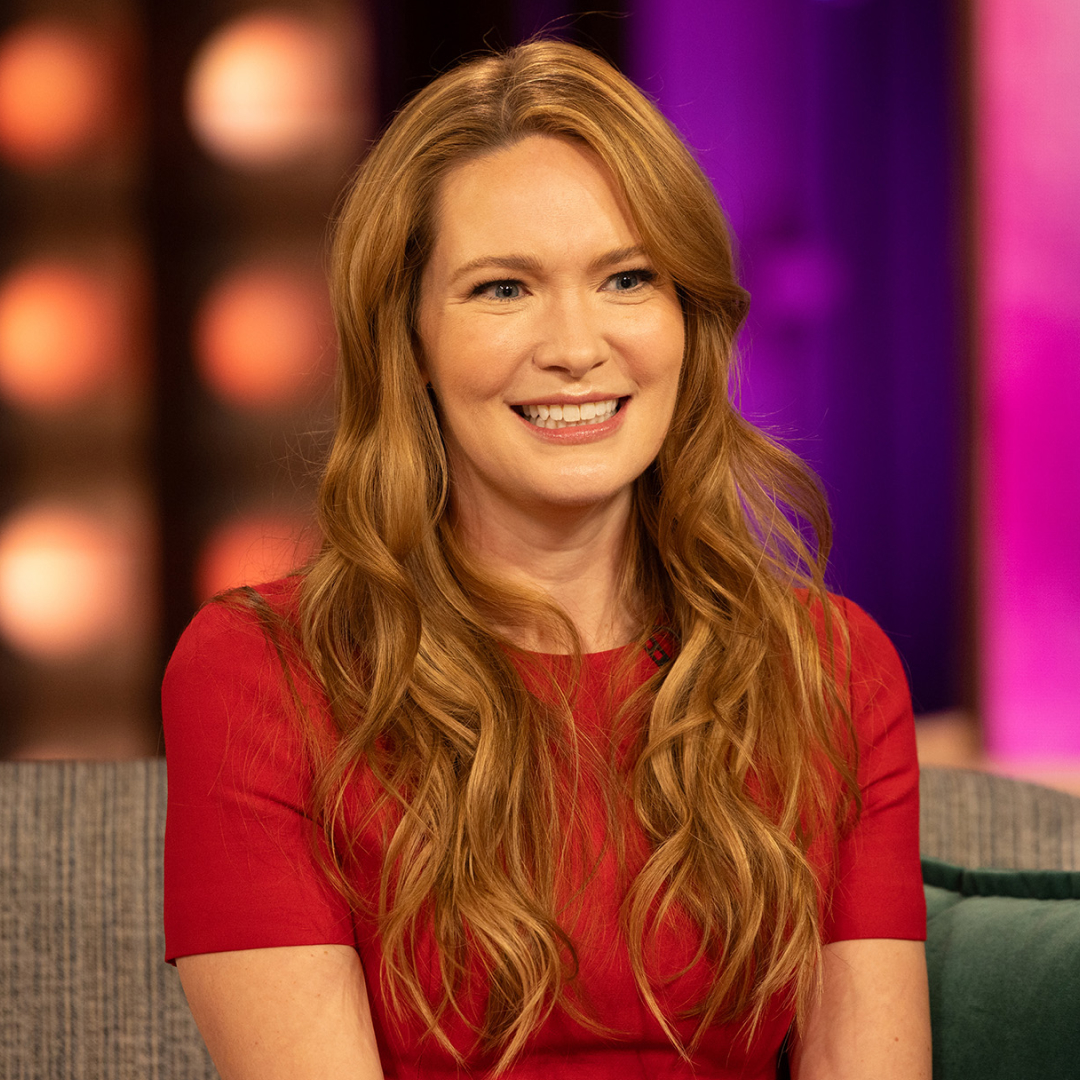
Sarah J. Maas Just Shared a Major Update About 'A Court of Thorns and Roses' Book 6. Here's What We Know
We're dying to read the next installment in the hit romantasy series.
By Nicole Briese Last updated
-
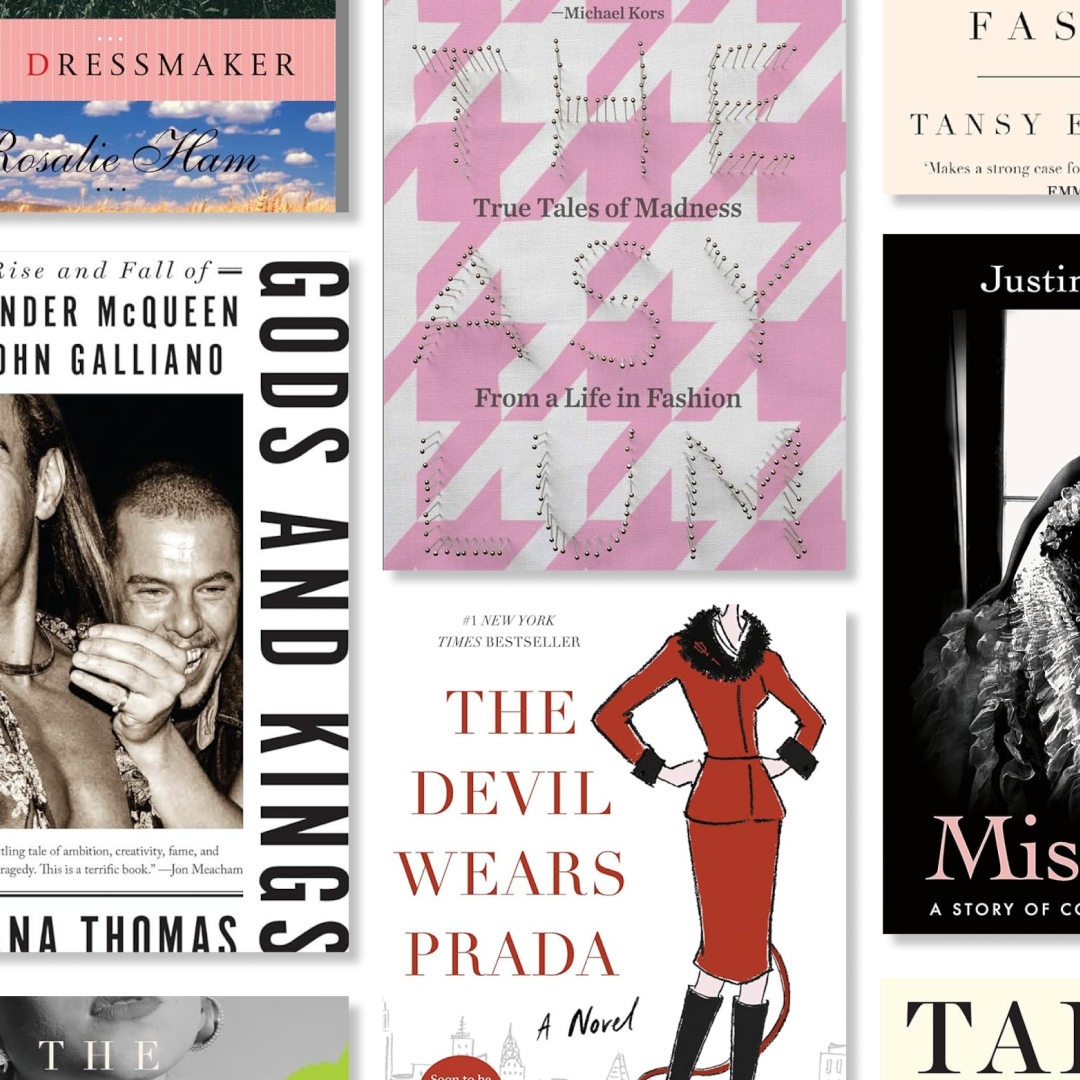
22 Books About Fashion That Will Make You Think Differently About the Industry
From nonfiction deep dives about brands to memoirs by style icons.
By Andrea Park Last updated
-
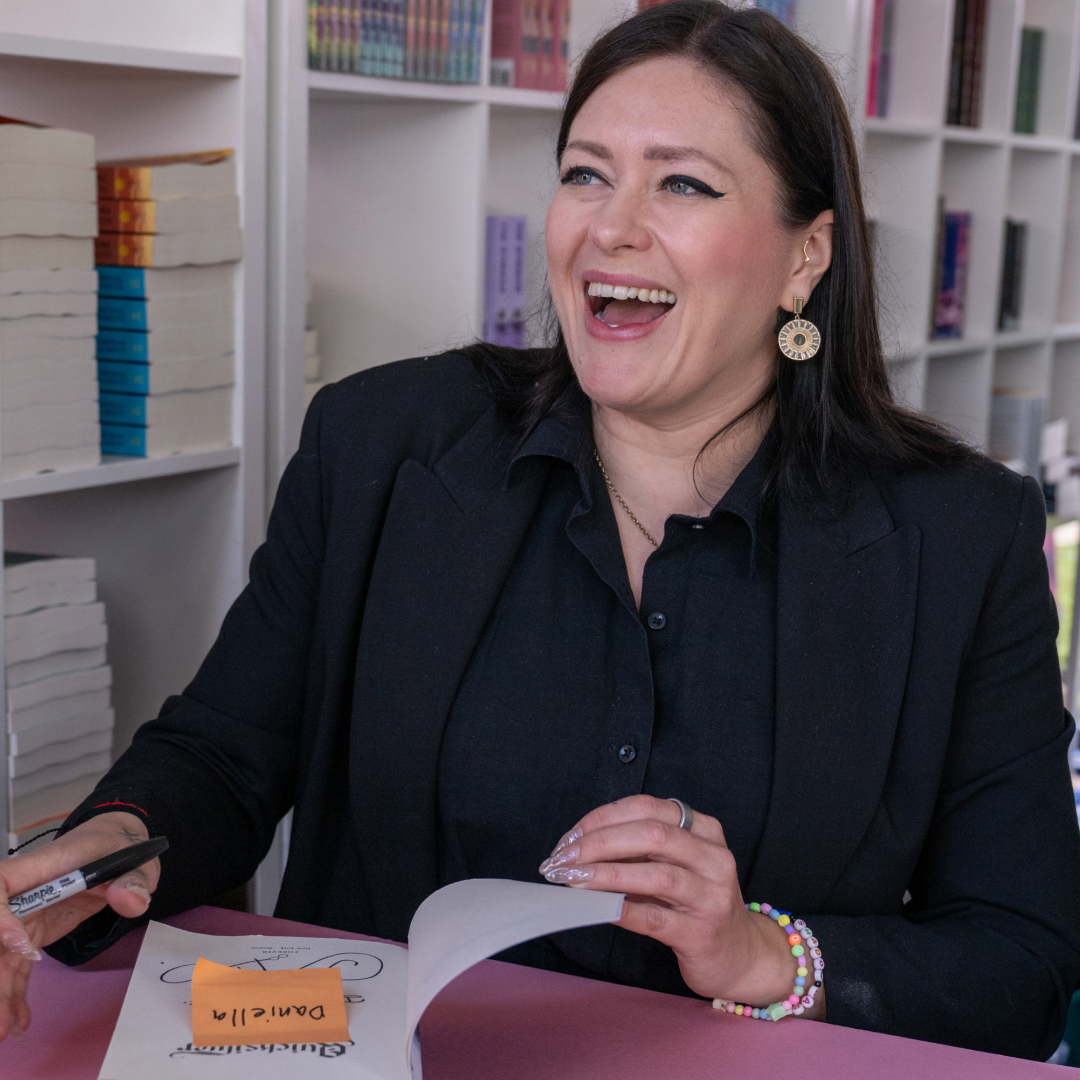
Everything We Know About Netflix's Adaptation of 'Quicksilver,' One of the Hottest Romantasy Series on #BookTok
We can't wait for enemies-to-lovers Saeris and Kingfisher to grace our screens.
By Nicole Briese Published
-

More of 'The Pitt' Is on the Way—But One of the Doctors Won't Be Back for Season 2
Here's what we know about the upcoming episodes, from Tracy Ifeachor's exit to the new cast members.
By Radhika Menon Last updated
-
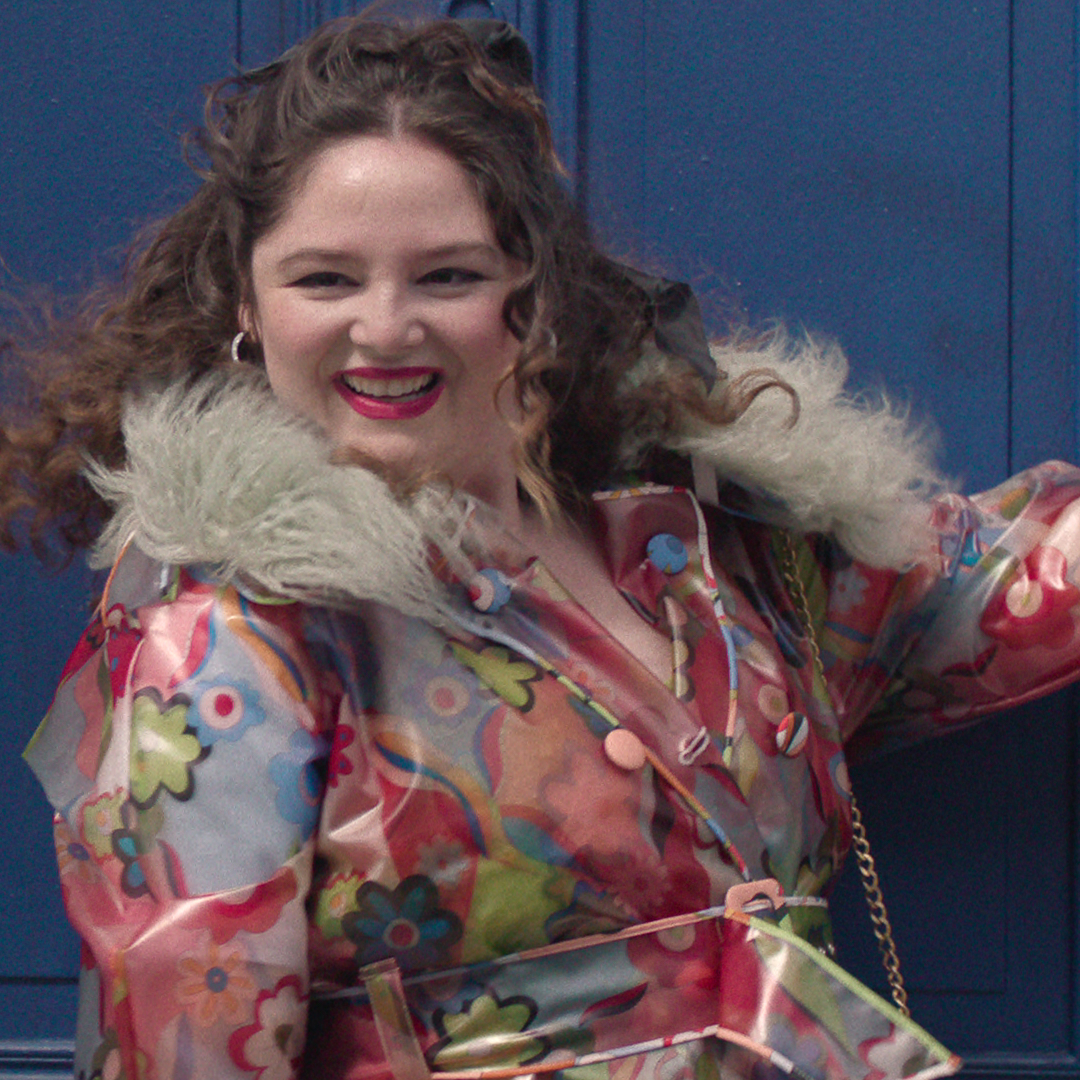
The 'Too Much' Cast Features 'Girls' Alums, Rising Comedy Stars, Your New TV Crush, and More
Lena Dunham did some A+ casting for her new Netflix show, inspired by how she met her husband.
By Radhika Menon Published
-
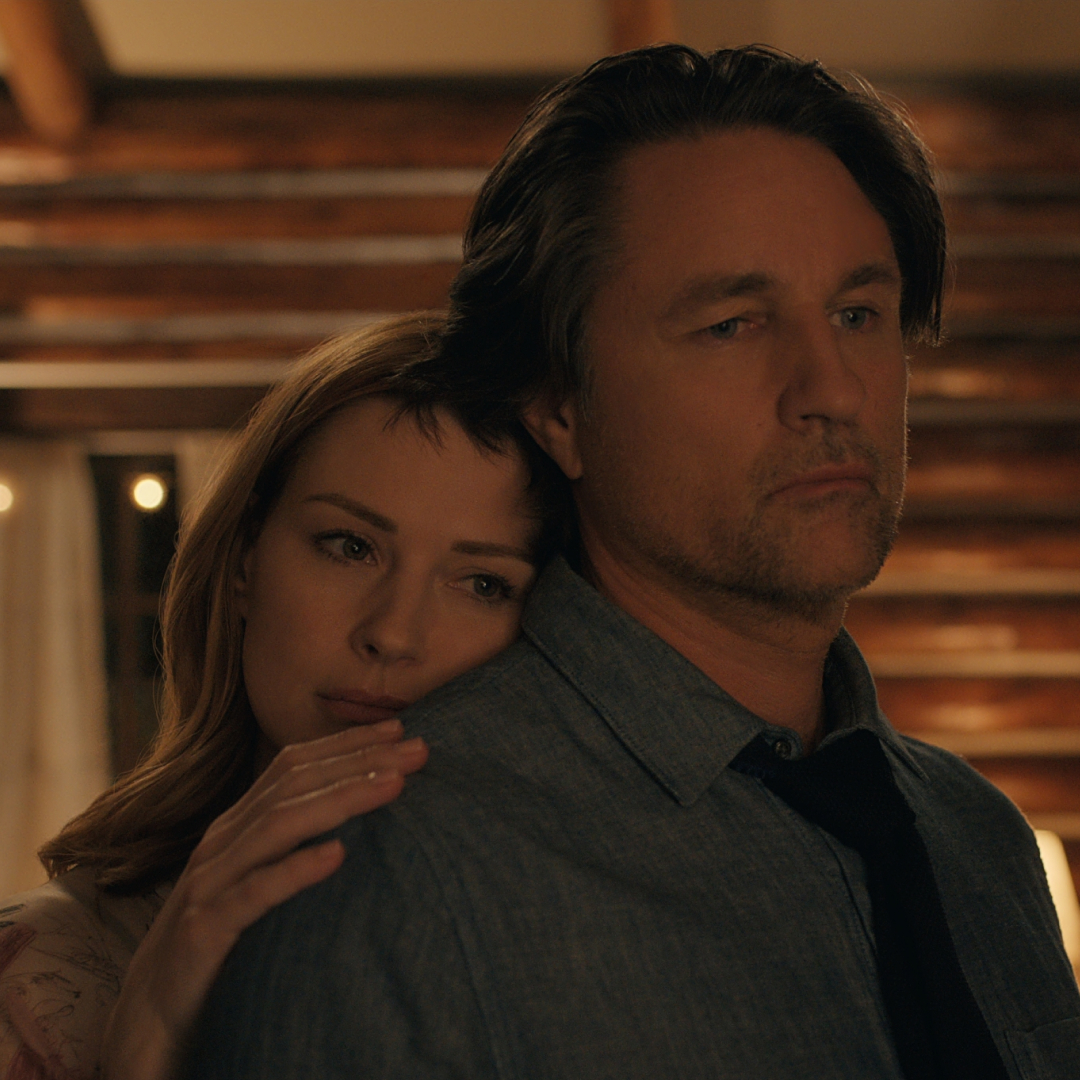
Get Ready to Return to Your Favorite Small-Town: 'Virgin River' Season 7 Officially Wrapped Filming
Jack and Mel may have tied the knot, but there's still more melodrama (and romance!) to come from the Netflix hit.
By Radhika Menon Last updated
-

What to Know About 'Love Island USA' Season 7 Star Cierra Ortega, Including Her Recent Controversy and How She Responded
The influencer exited the reality show early due to her previous use of a racial slur.
By Quinci LeGardye Last updated
-
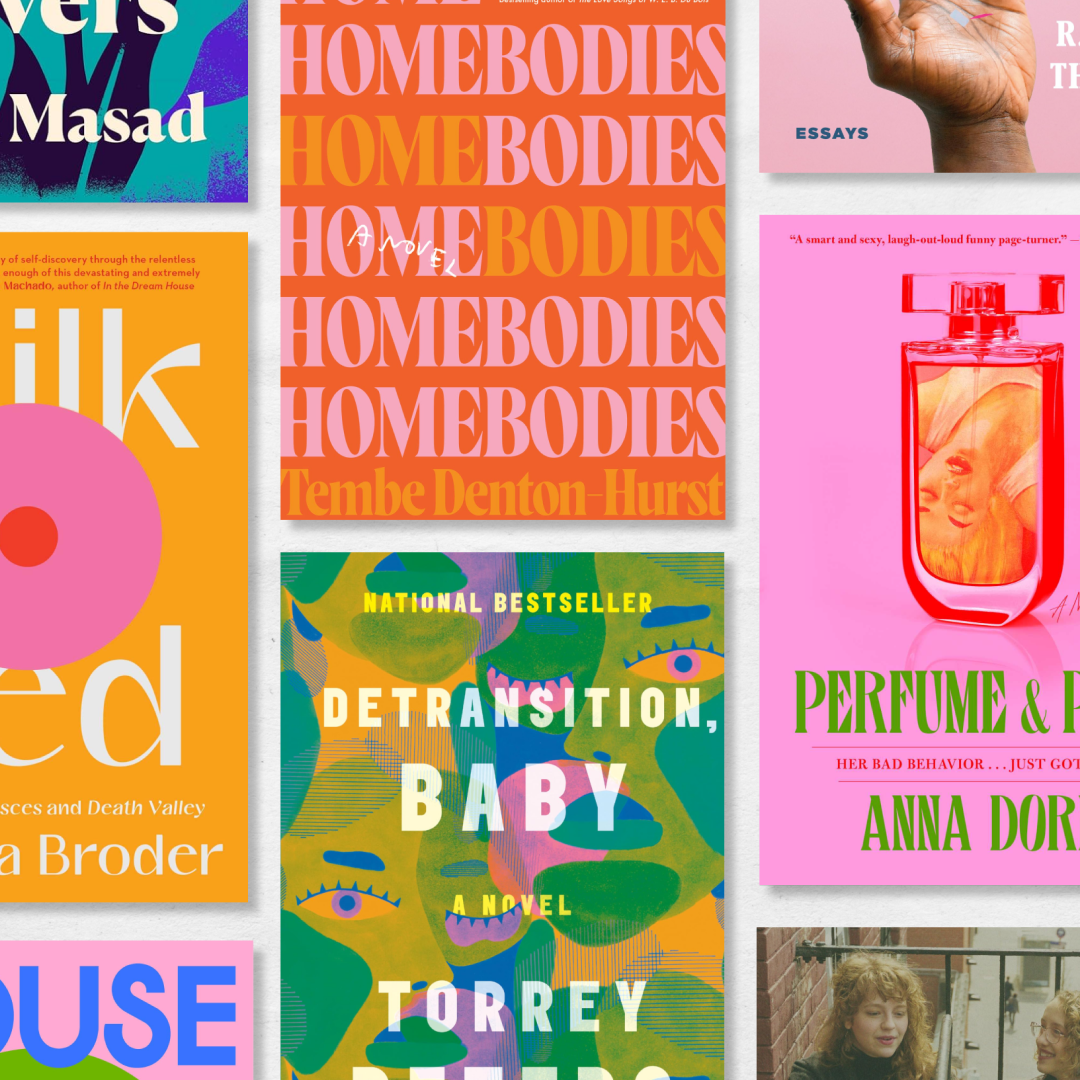
25 Books By LGBTQ+ Authors You Need to Add to Your Reading List
You won't be able to put down these moving memoirs and touching romances.
By Bianca Rodriguez Published
-

The Game Never Ends: 'Squid Game: The Challenge' Will Return for Season 2 This Fall
Cue the green-light puns.
By Quinci LeGardye Last updated
-

'The Summer I Turned Pretty' Season 3 Arrives This July—Get Ready to Return to Cousins One Last Time
Here's everything we know about the final season of the Prime Video series.
By Quinci LeGardye Last updated



